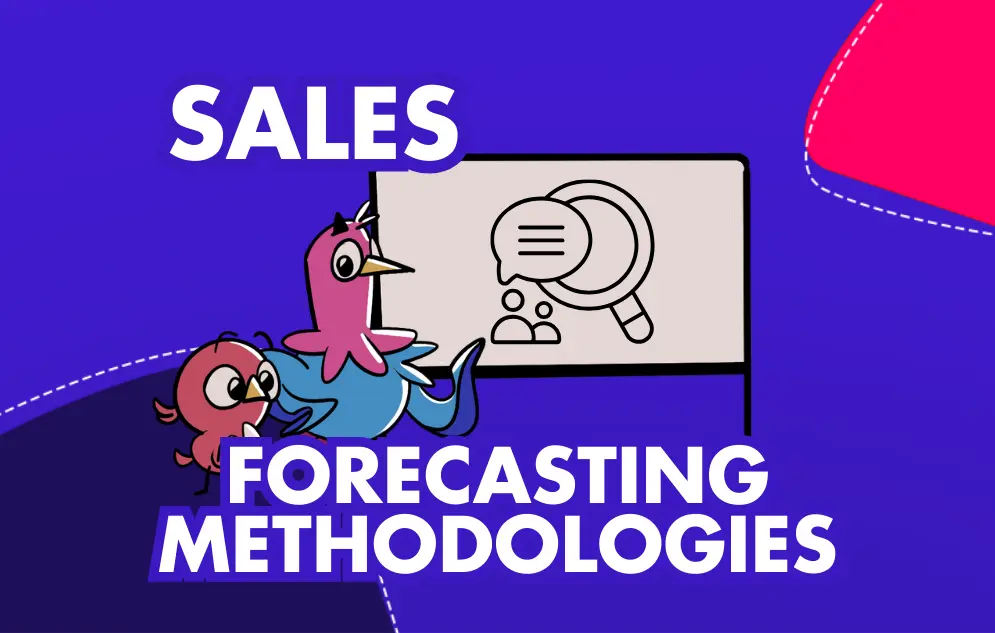A highly effective sales team is necessary for growing — and maintaining — a profitable business. Learning how to hire a salesperson is vital. This process requires planning, critical evaluation, and firm decision-making.
Before posting your first job, figure out what kind of sales candidate you want. You will need to hire multiple salespeople, including account executives and sales development representatives (SDRs). Your company's age also influences whom to look for when hiring a great salesperson.
When hiring a salesperson for a startup, look for dynamic generalists. These hires can adapt to and help shape new processes. Established companies can hire non-dynamic generalists with high work ethics — team members ready to operate within existing guidelines.
How to Hire a Salesperson: Step-by-Step
Once your job posting begins attracting applicants, start narrowing down your candidate field.

The Pre-Resume Test for Hiring Salespeople
A pre-resume test is an essential screening tool when hiring both SDRs and salespeople. The average corporate job posting receives up to 250 responses, so narrowing the field saves you time and resources.
Reply to each applicant with the following email:
Dear [name],
Thank you for applying to work at [company name]! I wanted to let you know that we got your resume and will be getting back to you shortly.
Here are some helpful resources you can use to learn more about us.
- [Resource 1]
- [Resource 2]
- [Resource 3]
Talk soon,
[name]
PS. Please reply to this email and change the subject line to your name so it is at the top of my inbox.
If a candidate is not reading the email closely, it will appear to be a simple update message.
Only review the resumes of candidates who follow the instructions in the postscript — they've passed the first test. If a candidate does not follow instructions, it is unnecessary to send a rejection email. The candidate has effectively rejected themselves through lack of response.
Be Critical When Evaluating Resumes
After you've used the email test to reveal candidates who pay attention to detail, it's time to review resumes. Before getting started, outline what an ideal candidate will look like on paper. Each company's needs can vary, but for every job, you'll want to consider:
How Much Experience Should a Sales Candidate Have?
Unless you're hiring entry-level candidates with the intention of investing in training and development, some prior experience is preferred. These candidates will need to learn your company's processes and have a solid foundation in sales tactics and customer communication. Consider how many years of experience you'd like every candidate to have — a range is typical.
Is Job Hopping a Bad Thing in Sales?
When considering experienced candidates, you're likely to encounter some who have a wide variety of employers listed on their resumes. This type of "job hopping" is often a red flag to hiring managers, but candidates may have legitimate reasons. If the job hopper meets other qualifications, it can be worth moving forward with a phone screen and using your judgment.
Do Sales Professionals Need a College Degree?
It's common to see job postings requiring a bachelor's degree, even though many great sales professionals went directly into the workforce. By eliminating candidates without a degree, you may be missing out on some great, highly driven professionals.
For candidates who did go to college, involvement in collegiate athletics can signify that they have a driven and team-focused nature. If a college-educated candidate wasn't involved in sports, consider if they:
- Worked their way through college
- Started a business or side venture
- Graduated with a GPA of 3.5 or higher
These factors can also signify a driven personality focused on achieving goals.
Don't be afraid to get specific and eliminate candidates in this round. Resume review is the last step before embarking on the interview process, which can be time-consuming. Ensure you're only advancing candidates who have strong potential to succeed on your team.
Formal rejection notices are not requisite at the resume review stage. However, if you prefer to let candidates know, a simple email will suffice — no phone call necessary.
Conducting Phone Screens for Sales Jobs
The phone screen is a crucial midpoint when hiring. This stage is your first opportunity to assess how the candidate presents themselves over the phone. Hubspot reports that it can take up to 18 calls before a salesperson connects with a buyer — so a professional phone presence is a must.
It's best to schedule phone screens in advance with a quick email. Using a universal scheduling system like Calendly can help you avoid a back-and-forth email chain. These programs work similarly to the availability feature found in Outlook and GSuite but are compatible across platforms. Set up an account and include a link in your emails. Candidates will see your availability in their time zone and receive a calendar invite.
Questions to Ask When Hiring Salespeople
There are three core questions to ask every prospective account executive and SDR during the phone screen. These questions will provide critical insight into the candidate's mentality and approach to sales.
"Why do you want to be in sales?"
This question will reveal whether the candidate is more of a "farmer" or a "hunter" when cultivating new business. If the candidate's response mentions a personality trait, dig deeper with follow-up questions and ask how they came to that conclusion.
“If sales were not an option, what would you do?”
The candidate's answer to this question will reveal more details about their personality and interests. Does their alternate career path require any of the same traits that a sales job does?
“Why do you want to work for our company?”
This question will tease out how much research the candidate did before the call.
Feel free to add more questions to your phone interview. Remember that this is a prelude to in-person interviews, where you can dig deep.
It can be easy to forget that job hunting is a two-way street. You need to sell your preferred candidates on the company just as much as they need to sell you on themselves.
Role-Playing for Sales Interviews
Studies show that role-playing is a valid predictor of job performance — and sales interviews lend themselves perfectly to this practice.
During phone interviews for sales positions, ask the candidate to engage in a mock cold-call scenario. Use this exercise to evaluate how well the candidate can contact and convert new leads.
Setting Up the Role Playing Experience
Candidate: acts as your company's representative — the role they want.
Interviewer: plays the part of a cold lead.
Scenario: The candidate must convince their "lead" to take a meeting with your company and learn more about relevant solutions.
While playing the cold lead, give each candidate the same three responses. It becomes easier to compare candidates against one another by remaining consistent.
- In response to the candidate's call: "Where are you calling from?"
- After the candidate asks to set a meeting, say: "We already work with a company helping us with that, but thanks for reaching out."
- If the candidate persists and can, in your eyes, overcome objection #2, say "email me with more information."
Providing Feedback on Sales Role Playing
End the role-play at a natural stopping point. Before providing feedback, ask the candidate how they feel they did. Is the candidate able to offer an honest, self-aware evaluation, or do they display bravado?
Finally, give the candidate your notes on their performance. Highlight one thing they did well and one thing to improve on. Explain a bit more about how your team is currently handling cold calling and repeat the role-play if time permits. The ideal sales candidate will:
- Receive feedback positively
- Express a desire to grow
- Process any advice quickly and attempt to act on it in a repeated role-play scenario
The activity itself doesn't need to be perfect. How a candidate accepts and uses feedback is essential.
Expect Questions from Sales Rep Candidates
Before concluding the phone interview, allow the candidate time to ask any final questions of their own. If an applicant has no questions prepared for the interviewer, this can be a red flag signaling lack of preparedness or engagement. An ideal candidate's questions should be well-thought-out and more profound than the typical "what does the average day look like?"
Advancing to the Next Stage in Hiring a Sales Rep
If the candidate has wowed you, wrap up the phone screen with details on the next stage.
For candidates who've missed the mark, let them know you'll be sending follow-up via email. Send a professional rejection email later that day or by the end of the week if you prefer to update candidates in batches.
Written Exercises for Sales Development Representatives
After the phone screen, send any strong SDR candidates an email requesting they prepare a prospecting plan for you, including:
- Details on a company that fits the prospective lead profile, with an outline of their industry.
- Two or three prospects at the company who may be buyers of a relevant solution.
- An explanation, directed toward one of the people selected in step two, about why your solution is valuable to them.
- An example of a cold outreach email for this prospect.
This exercise will allow you to judge how well the candidate communicates in writing.
If your SDR candidate performs well on both the phone interview and written exercise, it's time to move to the in-person interview.
Using Mock Presentations to Evaluate Account Executives
The ability to develop and run a successful presentation is essential for account executives joining your team. It gives a firsthand glimpse at how sales reps may perform from day one on the job.
Send candidates an email outlining instructions for the exercise:
Here is what we need from you:
- Send us what company we will be playing the role of.
- Give us a quick overview of the solution (so we have context).
- The goal of the presentation (next step or a sale).
We look forward to your presentation!
Best,
[Name]
The Interviewer's Role
As the interviewer, you'll be playing the role of a business owner who can benefit from your candidate's solution. Throughout the presentation, act as if you are a potential client — give objections and ask clarifying questions.
Role-playing tip: act confused about something in the presentation to see how the candidate handles the situation.
Keep an eye out for these factors that indicate you have a high-quality candidate on your hands:
- A professional looking calendar invite
- A reminder email before the presentation
- Good discovery questions
- Well-researched and prepared for the call
- Ties their solution to your specific challenges
- Provides insights and makes an effort to understand your business
- Interactive presentation style
- The candidate gets buy-in throughout the presentation
- They handle questions well
- They are comfortable with objections
- They ask for the sale or next step
Up to 48% of salespeople never even attempt a follow-up — make sure you hire one of the dedicated 52% who do!
Stop the presentation at a natural point and provide feedback. If the candidate responds well and is engaged in the process, ask them to redo their presentation. Watch how they implement your advice. Successful candidates can now advance to the final, in-person interview stage.
Using Topgrading Principles to Hire a Salesperson
Topgrading is a multi-step interview process that uses a scoring system to identify top-tier talent. We’ve developed a system based on the core tenets of topgrading to help you effectively identify and hire only the best sales talent.
Each interviewer should assign candidates with a score. These scores reflect the candidate's suitability compared to high performers you know or have already hired.
4 Points - The candidate is in the top 1% of people you know.
3 Points - The candidate falls within the top 10% of people you know.
2 Points - The candidate falls within the top 20% of people you know.
1 Point - All other candidates who do not fall within the top 20% of people you know.
By basing your interview process around the core scoring principles of topgrading, you can compare each candidate's abilities, competencies, and potential for success.
Interview Questions for Sales Candidates
Each candidate should meet with several managers, recruiters, or leaders at the company. The hiring manager should be last. This way, they can assess the candidate's emotional intelligence and self-awareness using a straightforward question:
“You have spoken to person A and person B. I'm curious, from your perspective, what do you think they will be most excited about with you as a candidate, and what do you think their biggest concern will be?”
Because this question involves self-introspection, expect the candidate to pause, think, and answer articulately.
If the candidate only answers part of the question, ask again.
- If the candidate does not answer in full, it can indicate a lack of attention to the conversation.
- When a candidate only responds with what they think other people liked, it can indicate a lack of self-awareness.
- Candidates who only answer with their biggest concern may be suffering from low self-confidence.
Evaluating a Sales Candidate’s Experience
After the candidate provides a self-analysis on their interview performance, proceed by reviewing the candidate's job experience. Don't hesitate to repeat some questions asked in previous interviews or during the phone screen — this provides an opportunity to verify consistency.
Move through the candidate's resume and ask the following questions for every relevant position:
- Why did you decide to work there?
- What were your goals?
- Tell me about some of your wins?
- Tell me about some of your failures?
- Tell me about the strengths and weaknesses of your boss?
- What do you think your boss would say were your strengths and weaknesses?
- Why did you decide to leave?
Dig Deeper with Topgrading Questions
Interviews based on topgrading rely heavily on questions that require the candidate to be honest about their inner motivations.
Topgrading Interview Questions to Use When Hiring Salespeople
- Who influenced you while growing up?
- How did that influence have an impact on your personality and your values?
- What do you like about yourself?
- What do you dislike about yourself?
- What motivates you?
- What was your biggest disappointment to date, and how have you grown?
- Tell me about a time in your sales career where you needed to start a territory from scratch. What did you do for the first 30 days? What would you have done differently?
- If I hire you, what will you do at this company?
- Can you introduce us to one of your former managers?
- What are your long term career objectives?
- What do you want to get from your next job?
- Why did you choose a career in sales?
- What does achievement look like to you?
- What do you think achievement looks like to us?
- What do you think our company could do better?
- What is something interesting that you have learned recently?
- Where else have you recently applied?
Provide the candidate with another chance to ask any final questions. An ideal candidate will come to the interview prepared with a notebook and ask questions throughout the interview process.
The Peer Interview
After interviews with managers and decision-makers are complete, the candidate should have one final conversation with a peer. This conversation is not meant to provide a "yes" or "no" answer regarding hiring. Instead, the employee should look for the following traits in their potential future colleague:
- Does the candidate like to learn new things?
- Is the candidate a good listener?
- Does the candidate have strong relationship building skills?
- Is the candidate tech savvy?
Ask the employee to score the candidate between 1-4, based on their impressions.
Post-Interview Evaluation for SDRs and Account Executives
Take 24 hours to reflect on the interview process before debriefing with all parties involved. When all interviewers reconvene to discuss, you should be able to answer each of these questions. If not, don't hesitate to call the candidate for a quick follow-up conversation.
- Does the candidate have a growth mentality?
- Does the candidate possess a desire to add value?
- Is the candidate company centered?
- Does the candidate handle criticism well?
- Does the candidate make decisions or gets convinced?
- Is the candidate’s personality unique?
- Does the candidate have a high work ethic?
- Is the candidate a curious person?
- Is the candidate an optimist?
- Does the candidate focus on results?
Every interviewer should now be prepared to give the candidate an overall score between 1 and 4.
A bad hire can cost your company up to 30% of that employee’s salary in the first year alone — be firm in your requirements when reviewing candidates.
Ultimately, you are looking for candidates with an average score of 3-4. Higher is better, but investing in training may be a suitable choice for some candidates with high potential.
- It's easy to train someone to align with company processes.
- It can be feasible to improve someone’s hard skills for the job.
- It will often be more difficult to change a candidate’s soft skills.
Conducting Reference Checks When Hiring Salespeople
Before making an offer to your preferred candidate(s), conduct reference checks. Candidates should provide references as part of the application process.
- On a scale from 1-10 how likely are you to recommend this candidate?
- What do they have to do to become a 10?
- If not sales, what do you think this candidate would be doing?
How to Make a Sales Job Offer
Call the preferred candidate(s) and make a verbal offer before sending a formal offer letter or contract. Offer calls should provide an overview of the salary, compensation and benefits packages offered:
- Let the candidate know you are calling to make an offer and highlight a few positive factors that drove the decision.
- Tell the candidate you will send a full written offer package, and provide the highlights: Benefits available to employees, equity (if relevant to the position), Base salary, variable compensation.
- Ask the candidate for their thoughts on the offer.
Many candidates will ask for time to think about the offer. Give them an exact time frame in which to respond — three days or less is ideal. Follow up with a written offer that the candidate can e-sign when ready to accept.
What to Do When Sales Candidates Negotiate
Before making an offer, it's important to decide how far you're willing to budge if the candidate pushes back with a counter-request.
When negotiating compensation, it is preferable to adjust the base salary within set ranges. Leave variable compensation at a fixed rate equal for all team members. If equity is part of the job offer, this can also be a strong negotiation point.
Tip: When a candidate requests something you're willing and able to grant, tie it to offer acceptance. Ask the candidate, "if we provide X, will you sign the offer letter tonight?" If they say yes, agree to the request.
How to Reject Candidates for Sales Jobs
Keep rejections clear yet professional. By taking care not to burn bridges with candidates, you can build a pool of pre-vetted salespeople. Tap into this pool when hiring for new roles in the future.
Rejecting Candidates After the Phone Screen
Email is appropriate for rejecting candidates who do not make it past the phone screen stage.
Dear [Name],
I want to personally thank you for your time the other day. I appreciated our conversation.
Unfortunately we decided to move forward with a different candidate and we will not be scheduling next steps.
I wish you the best of luck on your job search.
Best,
[Name]
Rejecting Candidates After In-Person Interviews
When rejecting a candidate after the exercise and in-person interview stages, it's best to make a personal phone call. Let the candidate know that it was a hard choice, but keep specifics vague by saying “not a perfect fit”. This way, a disgruntled candidate cannot push back against your choice with a legal change.
Hi [Name] -— I wanted to call you personally and say I enjoyed meeting you and want to thank you for taking the time to interview at [company name]. Unfortunately, as a team we made a tough decision and decided it wasn't a perfect fit and chose to move forward with a different candidate.
Next Steps: Training and Onboarding Your New Salespeople
After completing the lengthy interview process, it's tempting to jump right into day-to-day work again — especially on small teams juggling busy workloads. However, taking the time to properly onboard and train your new salesperson will benefit everyone. Utilize existing resources, training materials, and senior staff's experiences to help new hires acclimate to your company's processes and products.
Training doesn't have to stop after the first 90 days, either! Encouraging professional development can keep the whole team's sales effectiveness score high.
Not sure if you have a strong sales process, or unsure how to begin onboarding/training your new sales team? Vouris can help. In one 30-minute session, we'll evaluate your operations and provide three key insights you can use to improve your team's focus and results. Let us help you sort through the data in a complimentary call — and ensure your growing sales team is headed for success.
Resources
https://www.topresume.com/career-advice/how-to-explain-why-youve-been-job-hopping
https://www.ignite.digital/topgrading-talent-acquisition/
https://www.lever.co/blog/topgrading-interview-guide/
https://www.palarino.com/topgrading-interview-questions/
https://zety.com/blog/hr-statistics
https://blog.hubspot.com/sales/sales-statistics
https://www.invespcro.com/blog/sale-follow-ups/



.webp)
.png)
.webp)



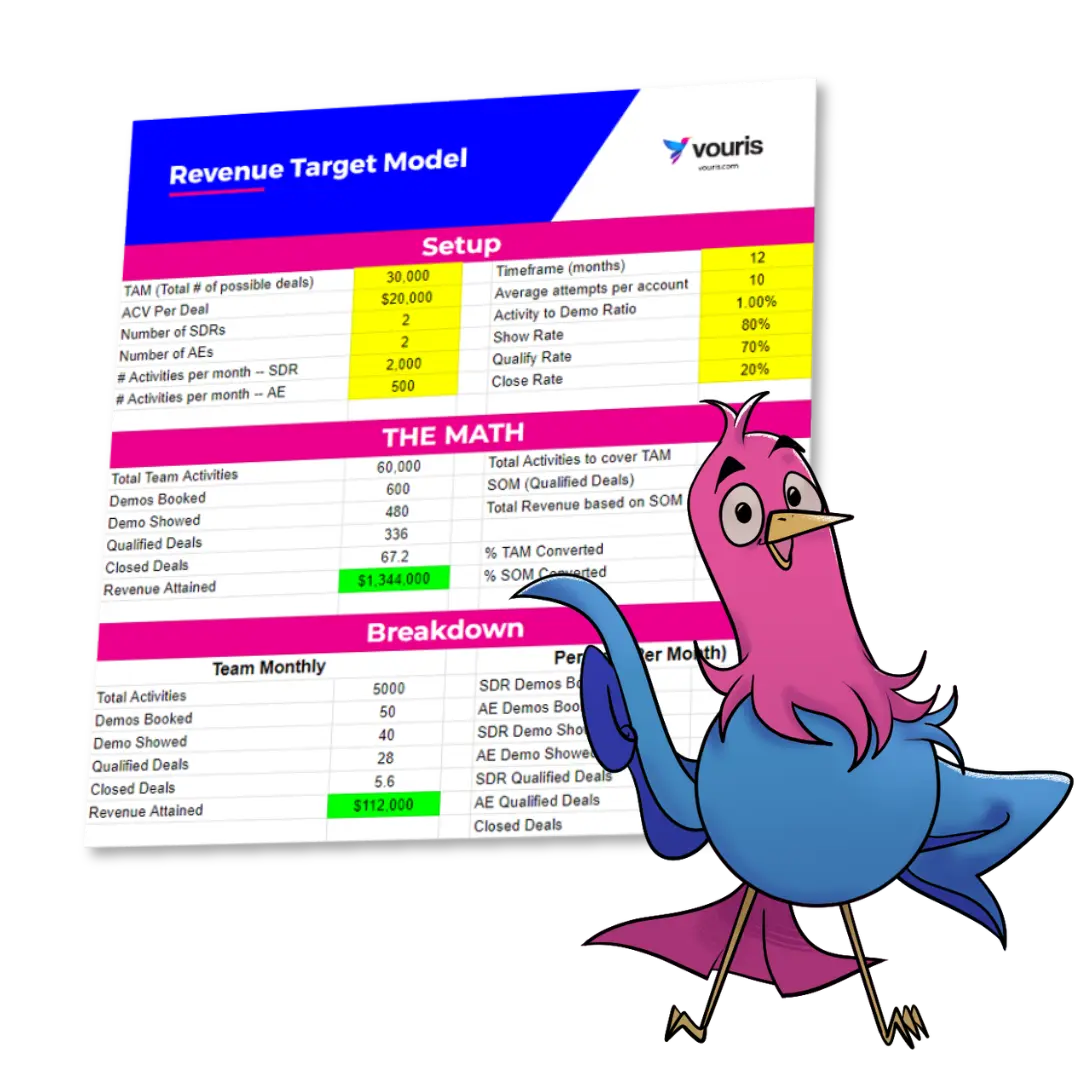


.webp)
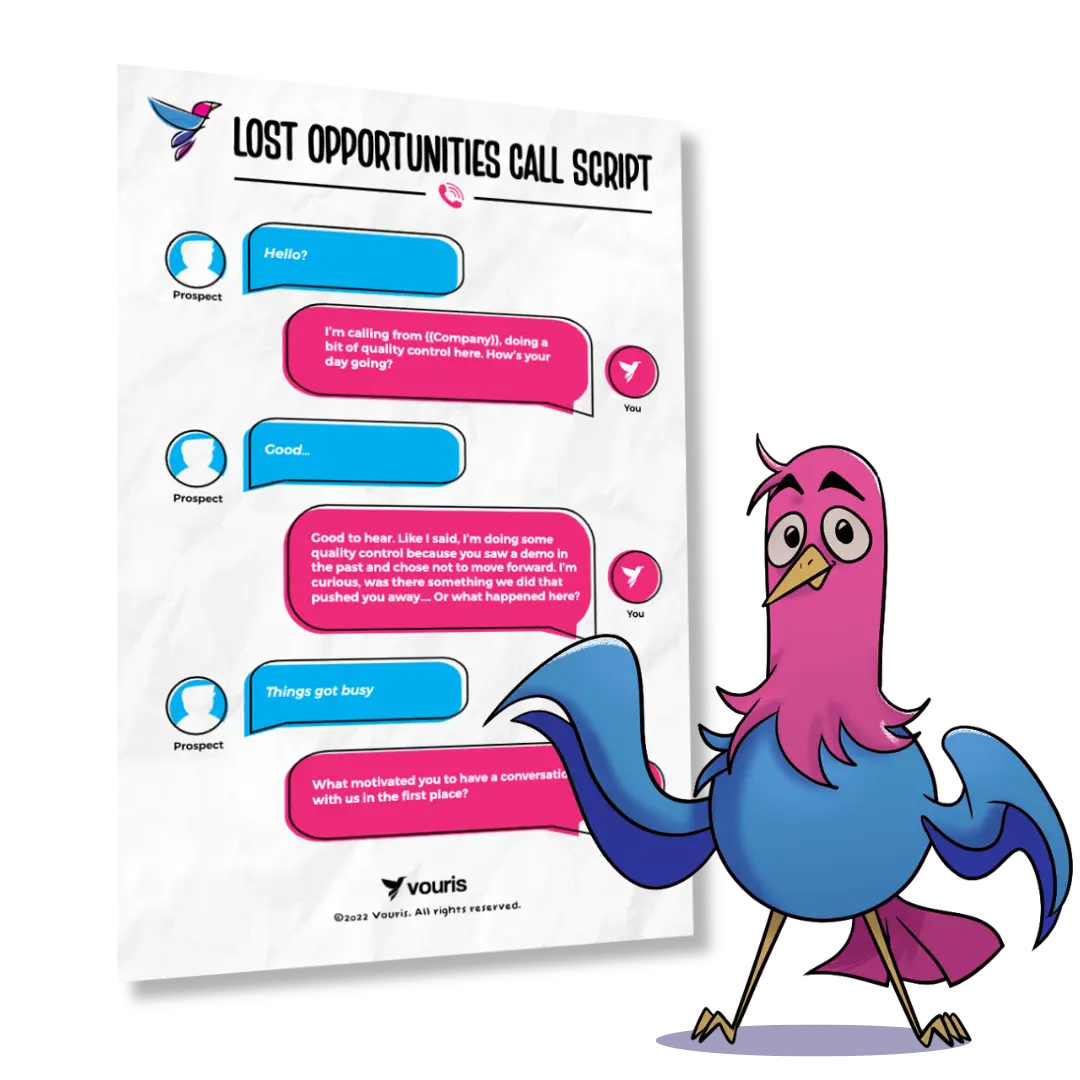
.webp)
.webp)
.webp)

.webp)

.webp)
.webp)
.png)
.png)
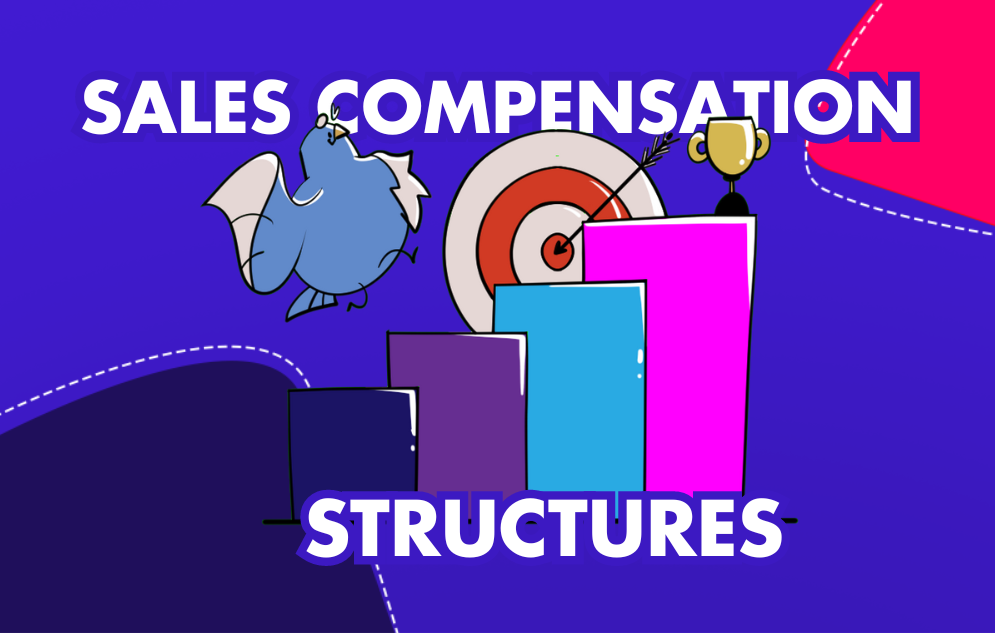



.png)


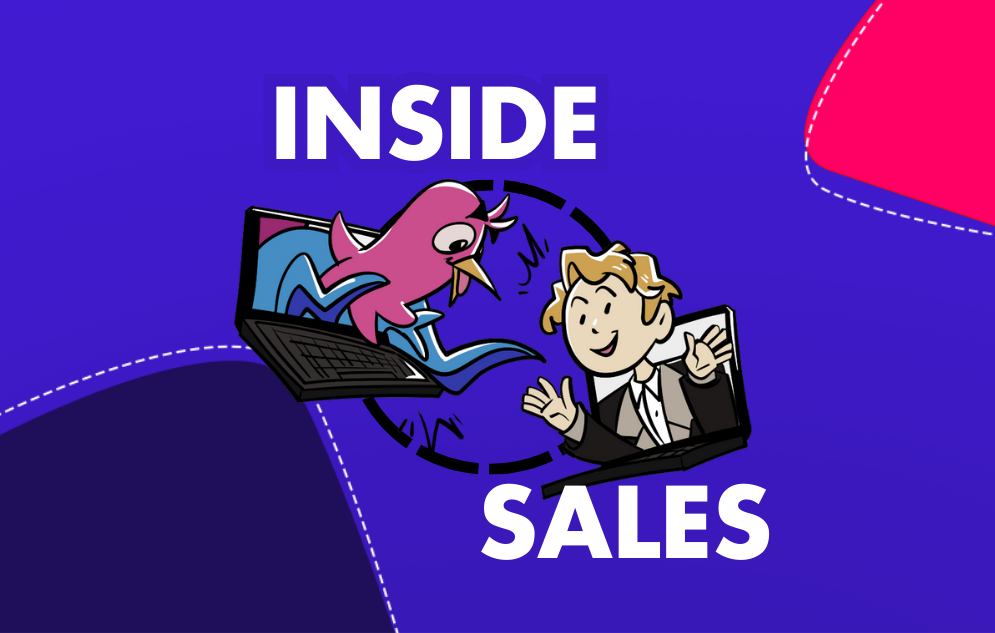
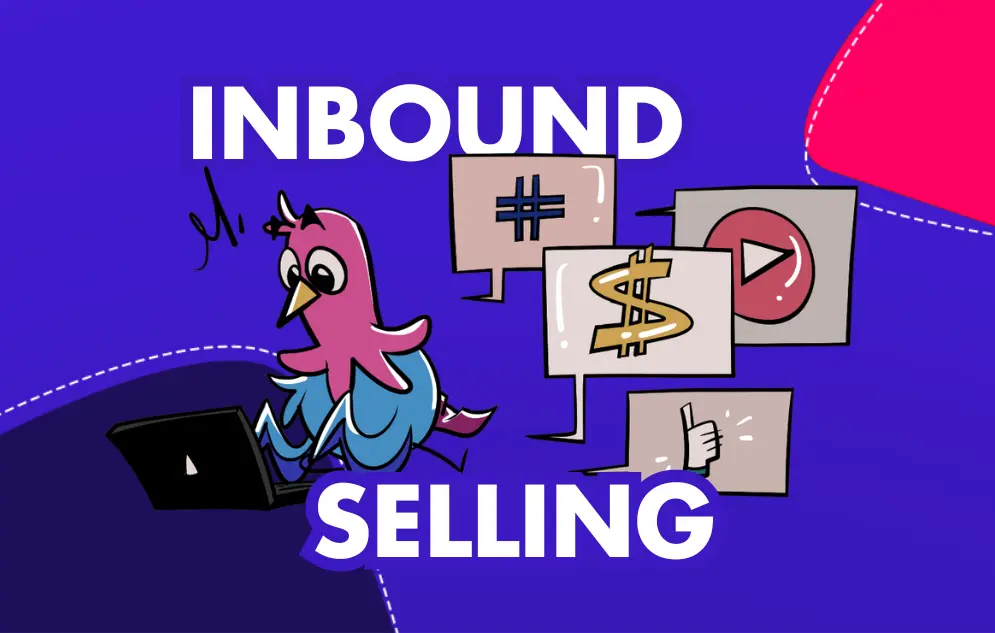
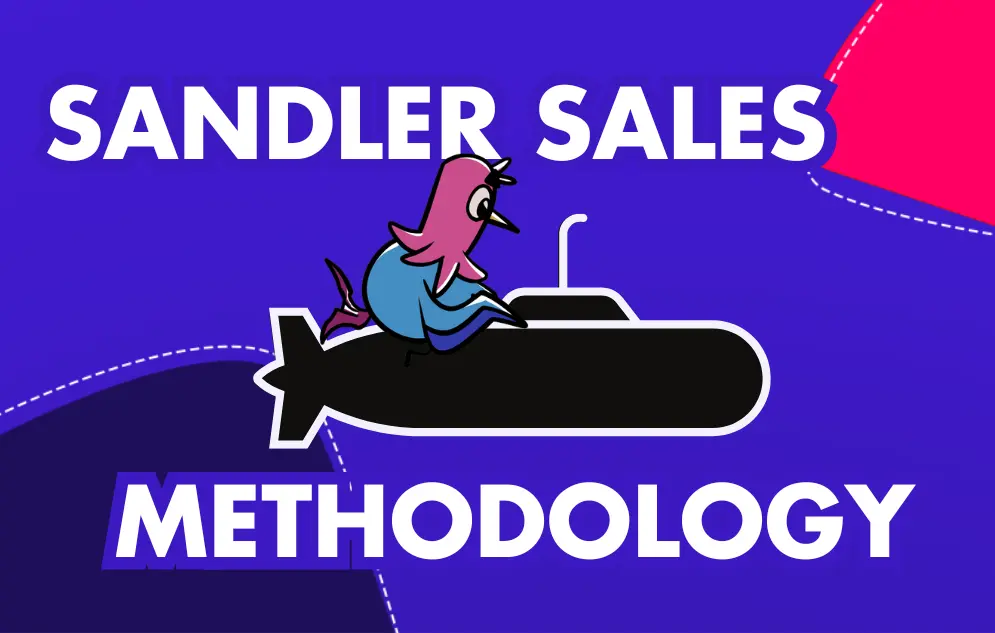

.webp)
